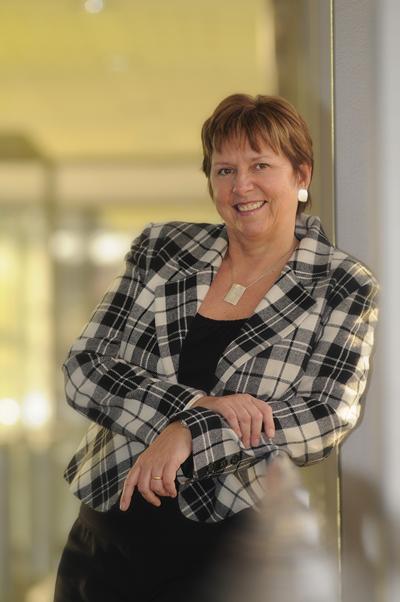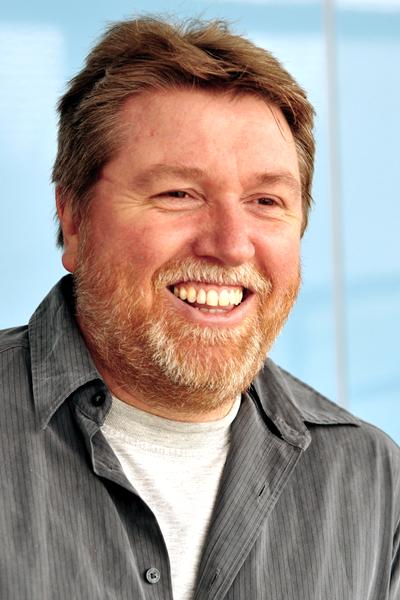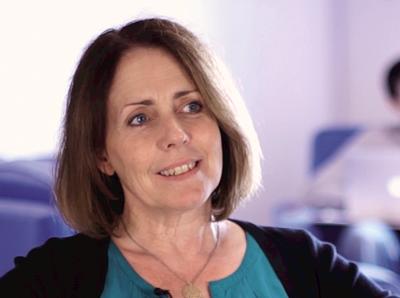Web Science Institute: The era of ‘big data analytics’

The University of Southampton’s Web Science Institute (WSI) is celebrating its first anniversary at a special event in London on Monday 8 June.
The University of Southampton’s Web Science Institute (WSI) is celebrating its first anniversary at a special event in London on Monday 8 June.
The WSI brings together world-leading multidisciplinary expertise from across the University to tackle the most pressing global challenges facing the World Wide Web and wider society today. It focuses on the analytical power of researchers from disciplines as diverse as sociology and computer science, economics and psychology, law and humanities to understand and explain the Web.
WSI Director Professor Dame Wendy Hall says: “One year on from the launch of the Web Science Institute, we celebrate with a showcase of research and an afternoon of debate and discussion. Our theme – ‘Privacy and Trust in the Era of Big Data analytics’ – is one that impacts on everyone in the digital world as personal data becomes a tradeable asset, and carries wide-ranging implications for individuals, business and government.”

The event, at the Digital Catapult, marks a successful first 12 months of the WSI. Outcomes include:
- A number of social media research projects are underway, addressing crucial social science research questions around topics such as immigration, health policy and demographic modelling, by trialling social media data and methods in collaboration with PhD students and the Web Observatory.
- Eight new interdisciplinary projects, supported by the Higher Education Innovation Fund (HEIF), have been progressed to stimulate interactions with business, government, industry and other users of University research.
- As part of the German Embassy Talks series, the WSI took part in presentations, lectures and a panel discussion on the topic ‘Exploring the Emerging Digital Frontiers: From Mind to Market’.
- The Southampton Web Observatory portal is now deployed; sharing public and private datasets, API access (Javascript, Node) and support for streaming data.
- In collaboration with ANZOG and the University of South Australia (UNSA), a Web Observatory was installed to help local/regional government understand the issues and opportunities around an ageing population. WSI teams also installed India’s first Web Observatory in partnership with IIIT Bangalore.
- WSI is collaborating with Southampton City Council to build a Citizens Panel, an innovative form of online engagement which includes the development of citizen social science.
- As part of the Universities of Southampton/Edinburgh/Oxford joint “Social Machines” (SOCIAM) project, emergency rescue service managers from three counties were briefed on aspects of social computing and Web Observatories.

The event opens with an exhibition showcasing interdisciplinary Web Science research. This will include the Web Observatory, a new class of scientific instruments designed to take measurements from the Web, and the unique SOCIAM project, which has developed the ‘Macroscope’ a vital tool for studying the World Wide Web in great detail. With state-of-the-art machine analysis and visualisation techniques, the Macroscope can monitor the daily 500 million posts created on Twitter, 100 million posts on Chinese microblogging site Weibo and 500,000 edits to Wikipedia, amongst others. This enables SOCIAM to see significant effects that may usually be missed - things like trending topics, conversations and collective actions taking place across the Web, and provides analytical insight for Web Scientists and the wider research community.
Institute Directors Professor Dame Wendy Hall, Professor Sir Nigel Shadbolt, Professor Susan Halford and Professor Les Carr, will then join other leading figures from Web and internet science, including Sir David Omand, ex head of GCHQ and a member of the Global Commission on Internet Governance, in panel-led discussions on ‘Privacy and Trust in the Era of Big Data Analytics’.

Professor Les Carr says: “The Institute leverages its expertise in computational, social science and humanities research to provide masters and interdisciplinary doctoral training that examines the disruptive effect of the Web’s data and social media technologies on our personal and professional lives. Our students aim to produce new kinds of cultural and economic value as they work closely with business, industry and government to seize the opportunities for innovation in the digital information economy.”
Professor Susan Halford adds: “The Web is not a technical system or a social system but thoroughly sociotechnical. Our path-breaking interdisciplinary educational programmes and links with industry, business and government are underpinned by innovative research that allows us to build the capacities we need to understand and intervene in the Web as it continues to evolve.”
Notes for editors
1. The Web Science Institute Directors are Professors Dame Wendy Hall and Sir Nigel Shadbolt from Electronics and Computer Science; Professor Susan Halford from Social, Human and Mathematical Sciences; Professor Les Carr from the Web Science DTC; Dr Graeme Earl from Humanities; and Dr Lisa Harris from Business, Law and Art.
2. Senior academics, researchers and students from the University of Southampton will lead the Web Science Exhibition, which will include activities around the following interdisciplinary projects:
• Web Science Centre for Doctoral Training
The Web Science Centre for Doctoral Training at the University of Southampton was established as part of a £250 million investment in the future of UK science and technology by the RCUK Digital Economy Programme.
The Centre trains a cohort of 80 PhD students in a thorough understanding of how to innovate and create new forms of value through the Web, and prepares them to become agents of change in the digital economy.
Through relationships with its industrial network it provides students with the expertise and leadership capacity to apply Web Science principles and produce a significant impact on the UK economy.
• SoFWIReD
SoFWIReD is a partnership with the Fraunhofer Institute in Germany in which we are developing a comprehensive platform for processing and analysing the Web of data, to support companies and governments and enable the transition towards collective intelligence by global industry.
The Web Science Trust has proposed a new class of scientific instruments (akin to microscopes or stethoscopes) designed to take measurements from the Web. These will be connected and operate globally, offering access to data sets and open analytics and will support a range of stakeholders from academia, government and business. The University of Southampton is committed to the development of the Web Observatory which will not only support Web Science research but will offer broader insight into the mechanisms of modern society and “social machines” on the Web.
The Web Science Trust is a charitable body with the aim of supporting the global development of Web Science through a network of world-class laboratories known as WSTNet, hosted by the University of Southampton.
The University of Southampton is the Honorary Founding Partner of the Open Data Institute, a world-leading organisation that pioneers new social and commercial value from open data.
• SOCIAM
SOCIAM – the Theory and Practice of Social Machines – is a major research programme funded by the EPSRC, which aims to deliver greater insight into understanding and building the next generation of ‘social machines’. These are part-technical and part-human systems that are co-created and develop capabilities ranging from solving routine tasks to handling emergencies. Led by the University of Southampton, SOCIAM also includes the University of Oxford and the University of Edinburgh.